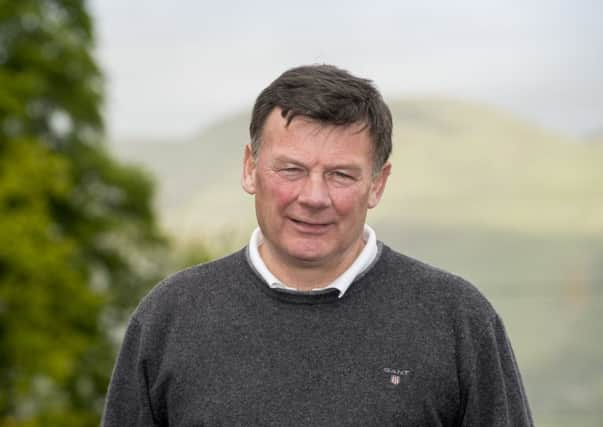EU stance on glyphosate leaves farmers '˜frustrated'


Allan Bowie, president of NFU Scotland, claimed it added to the “frustration” felt by the whole of the farming community over the prevarication on the future of this widely used weedkiller.
And a spokeswoman for Copa Cogeca, which represents farming unions and farm co-operatives across Europe, said her organisations were deeply disappointed.
Advertisement
Hide AdAdvertisement
Hide AdBowie said: “Given glyphosate’s role in delivering safe and affordable food across the whole of the EU, today’s ‘no opinion’ position will simply add to the frustration felt throughout the whole farming community with regards to the future availability of this essential product.”
He went on to say that politics rather than science now seemed to be driving the decision-making process, but claimed: “It will be farmers, growers and consumers that will lose out were glyphosate not to be re-authorised.”
Bowie promised: “On behalf of Scottish farmers, we will be doing our utmost in the weeks ahead to ensure common-sense prevails and this valuable tool in our plant protection armoury remains available to us for many years to come.”
The panic over glyphosate is based on the fact that its current authorisation expires by 30 June. The next move in trying to hold on to its use will be to the EU appeals committee later this month.
If the current stalemate continues at that meeting, the European Commission itself will itself take a view but this may result in some restrictions in glyphosate use.
Currently glyphosate is used both as a weedkiller and as a pre-harvest spray on cereal crops where it is used to kill off unripe ears. It is this latter use which is closer to human consumption and therefore with a potentially higher health risk which may be lost if restrictions are introduced by the Commission.
Last week, UK union leaders appealed for an 18-month temporary full use re-authorisation to allow more time for scientific assessment of evidence before any far-reaching decisions are made.
